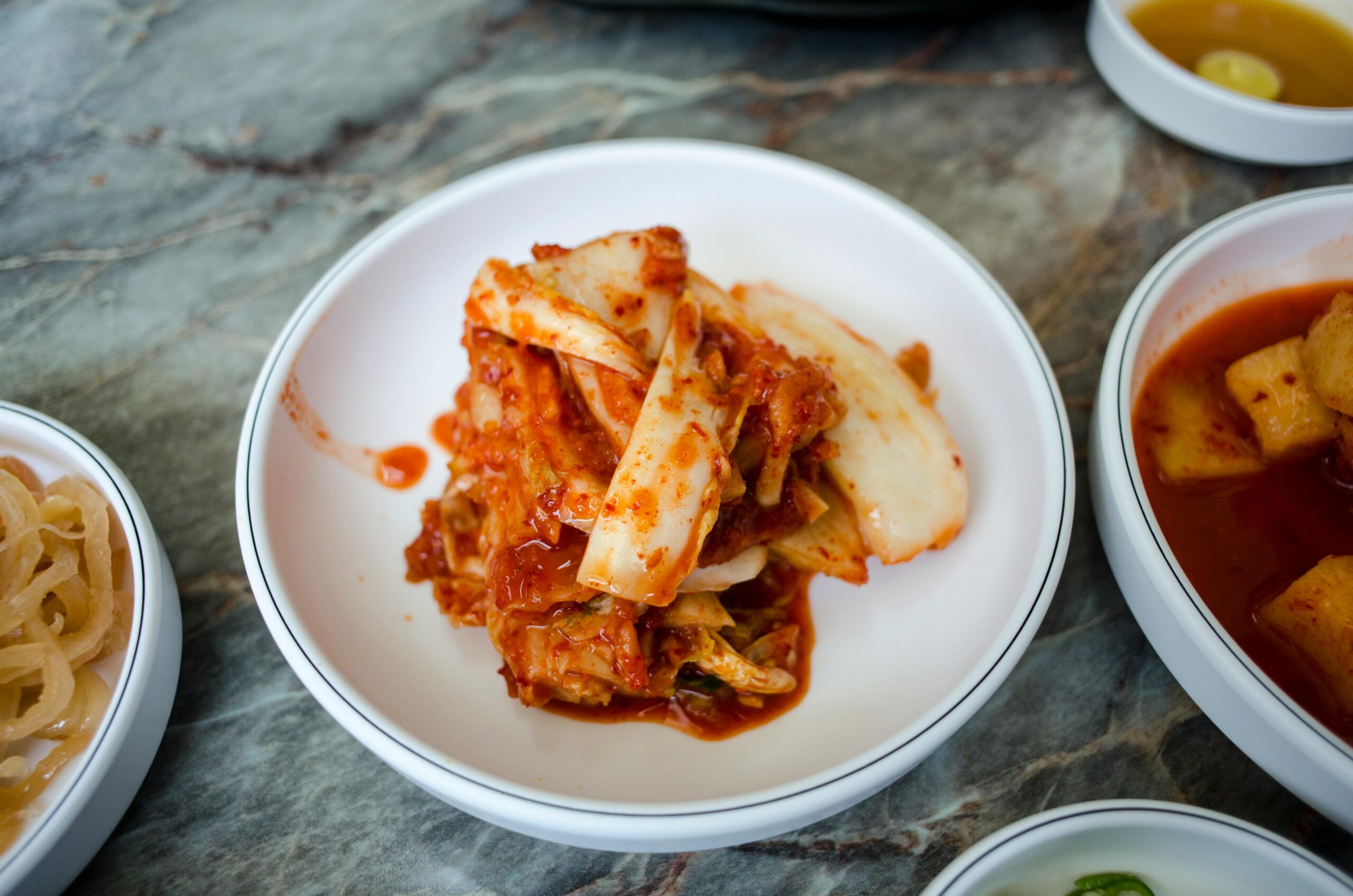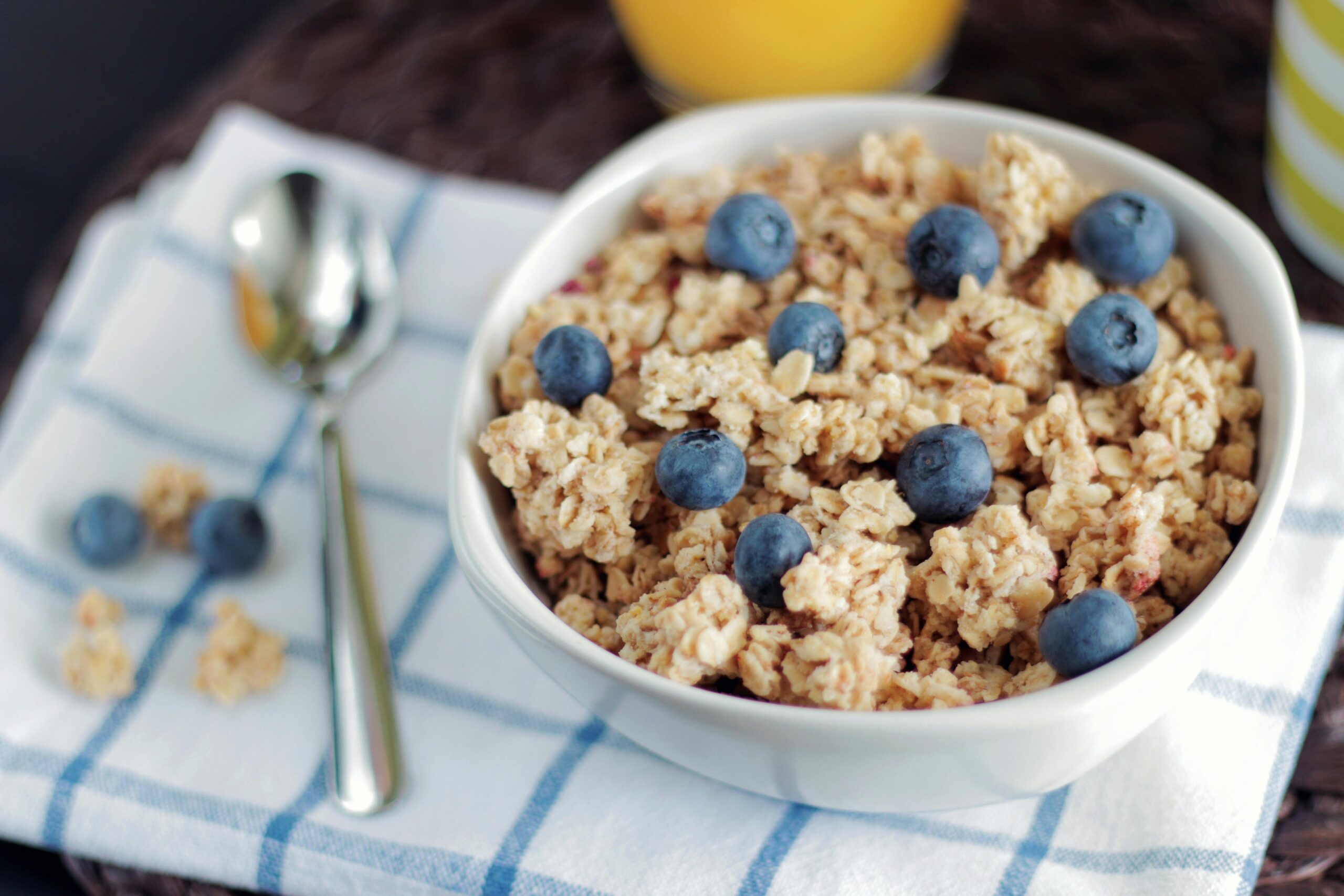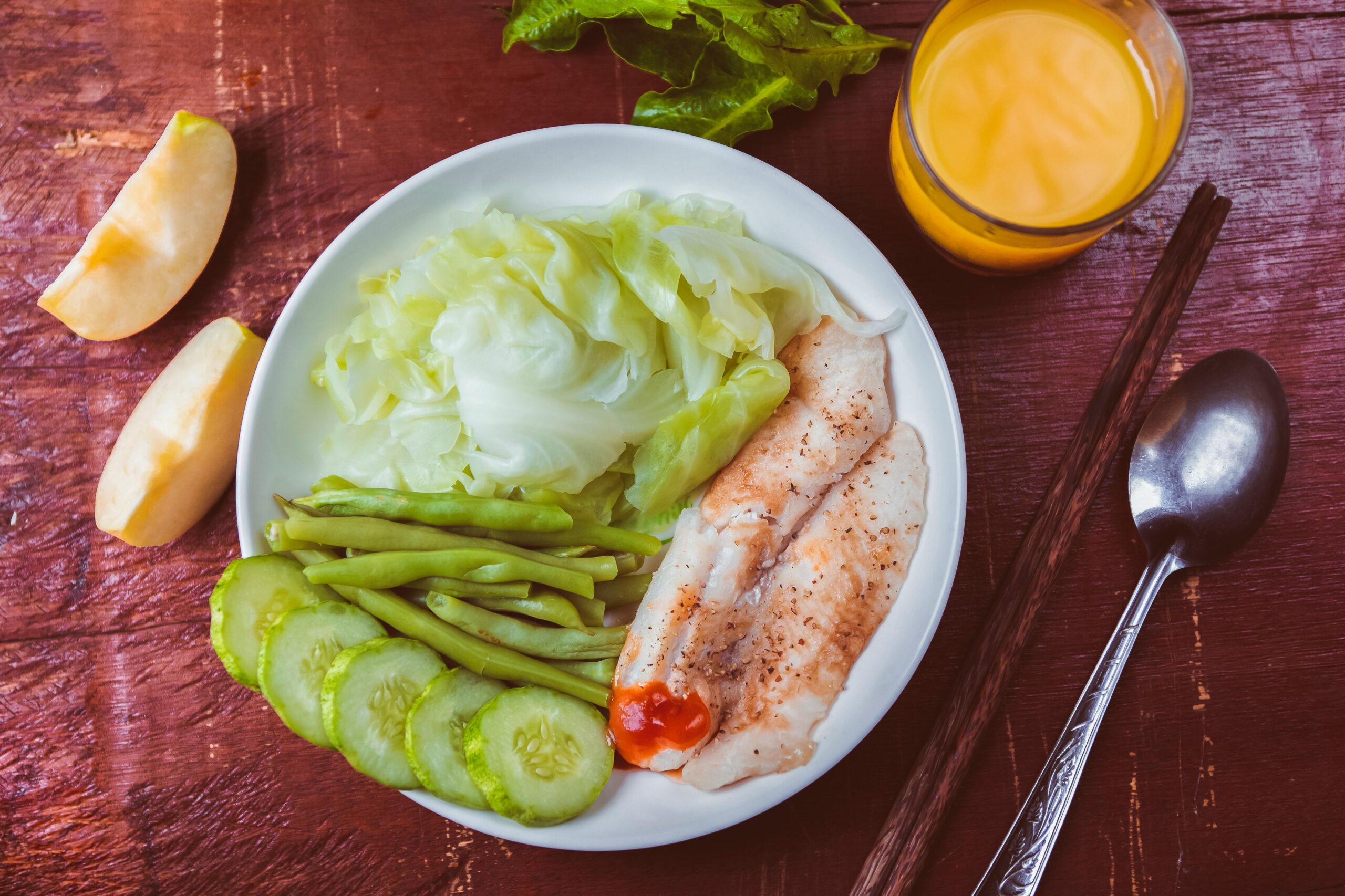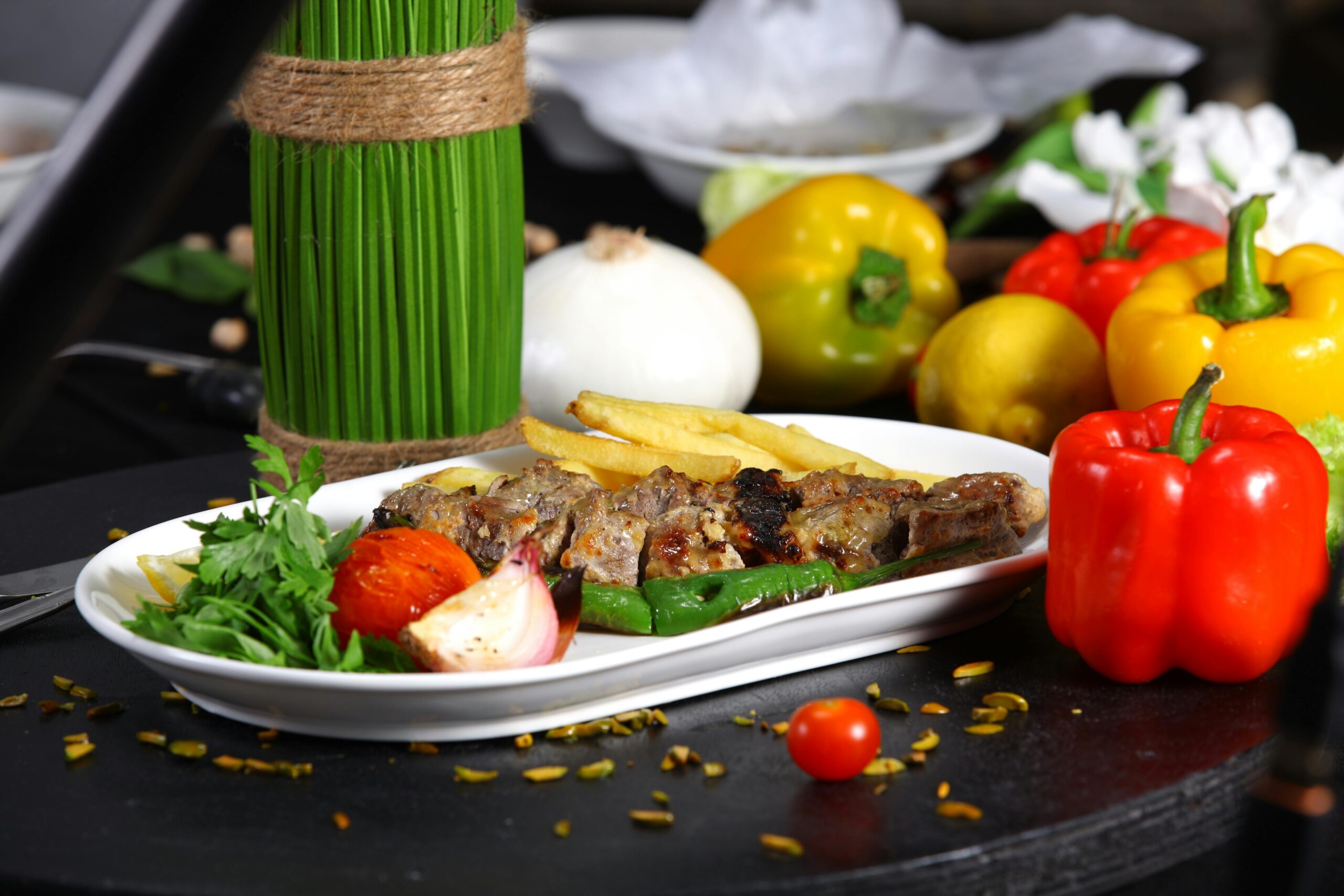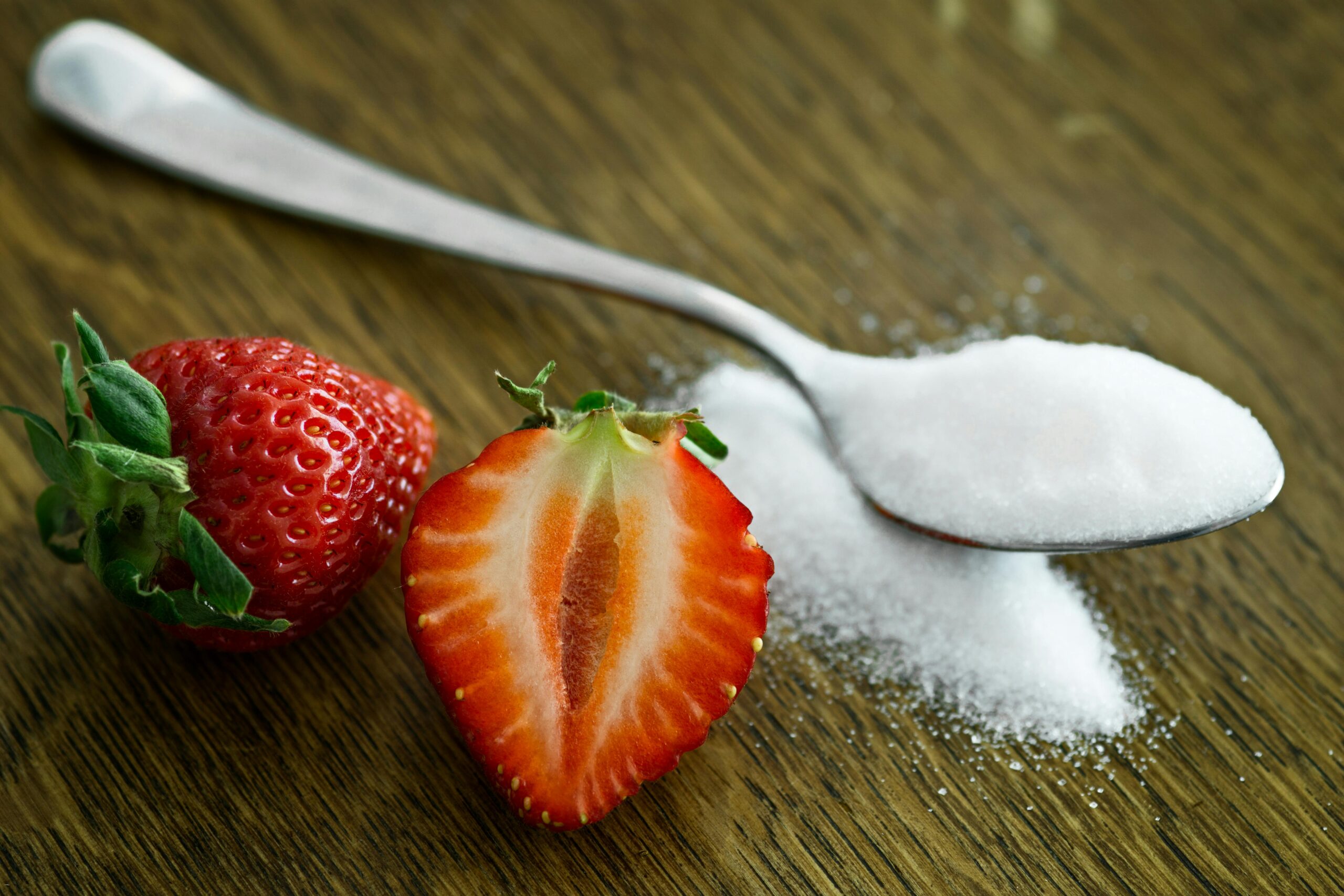Digestive issues affect millions of Americans and can result in things like bloating, gas, diarrhea, and constipation. Changing what you eat on a daily basis can do wonders to alleviate these problems, if not get rid of them entirely. But what foods promote gut health? We’ve created a list of delicious foods you need to start eating now if you want to improve your digestion and gut health.
What Foods Promote Gut Health?
Although there are several different foods that can improve digestive issues, we’ve narrowed the list down to keep things simple. Here are the absolute best foods to promote gut health.
Lean Protein
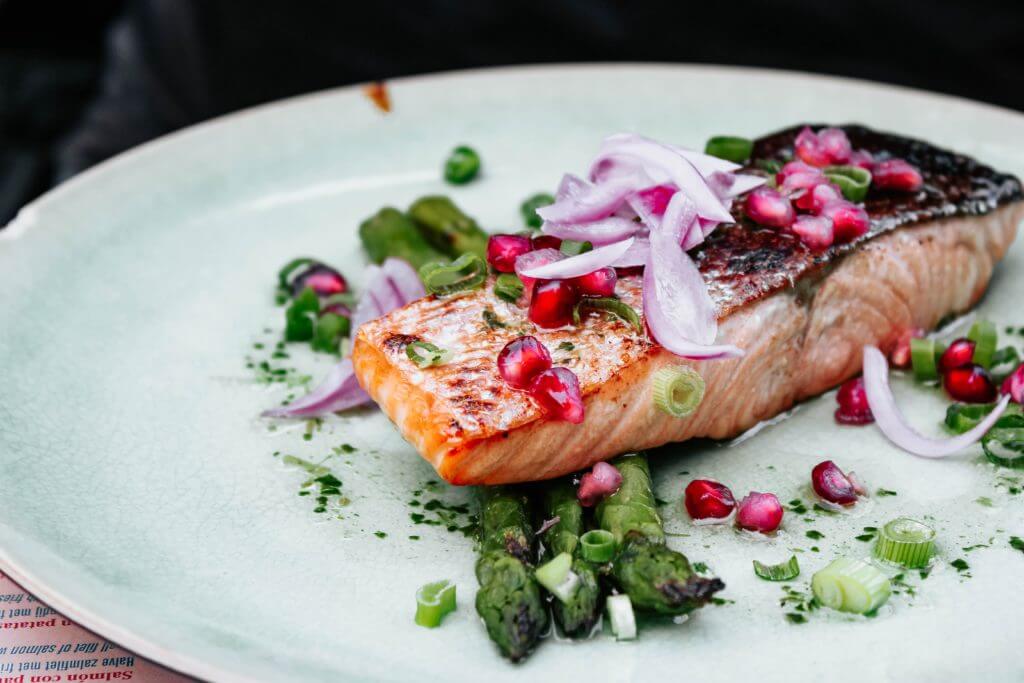
If you’re serious about repairing your gut health, then it’s time to ditch those juicy burgers and crispy fries. Red meat is high in fat and, as studies show, can take a serious toll on gut health. Besides causing your colon to contract, red meat can also increase the bacteria in your colon, which can eventually lead to clogged arteries.
Instead, you can turn to leaner sources of protein like grilled chicken breast rather than a cut of steak. Ground turkey can still make for delicious burgers or be substituted for meatballs. You can also enjoy a healthy dose of omega-3 fatty acids with lean protein sources like tuna, salmon, and other oily fishes.
Leafy Greens
Many leafy greens such as kale and spinach are excellent sources of fiber. They also contain critical nutrients like vitamin C, K, and A. Research has shown that leafy greens contain a type of sugar molecule known as sulfoquinovose, which actually helps promote the growth of healthy gut bacteria.
Experts say leafy greens that are darker in color are especially best for gut health. That means stock up on kale and collard greens next time you’re in the produce aisle.
Whole Grains
Although low-carb diets have become all the rage, including some whole grains in your diet is actually great for gut health. That’s because whole grains have a lot of fiber and omega-3 fatty acids. Your gut bacteria needs fiber in order to ensure proper functioning of the cells that line your colon.
Many breakfast cereals are now rich in healthy whole grains or oats, making it easy to start your day with a gut-healthy meal. Experts say that consuming more whole grain barley or brown rice also increase the “good bacteria” in the gut. Adding popular side likes quinoa or cous cous to your dinner is another simple way to get a serving in.
Avocado
This superfood is chock full of essential nutrients for a happy gut. Packed with fiber, magnesium, and potassium, avocado is also low in fructose, so it’s unlikely to cause gas or bloating. Many people worry about the fat content of avocados, but they actually contain good fat that’s needed for healthy digestive function. It’s important to realize that not all fat is bad fat. So remember to load up on the guacamole when you’re at your favorite Mexican restaurant!
Low-Fructose Fruits
Some fruits contain more fructose than others, so it’s important to know what’s what if you’re trying to prevent uncomfortable gas or bloating. For this reason, it’s best to avoid fruits like pears, mangos, and apples, all of which are high in fructose. However, other fruits such as berries and citrus varieties like oranges have less. Bananas are also a great option; not only are they high in fiber, they also contain inulin, which is a substance that promotes the growth of good gut bacteria.
